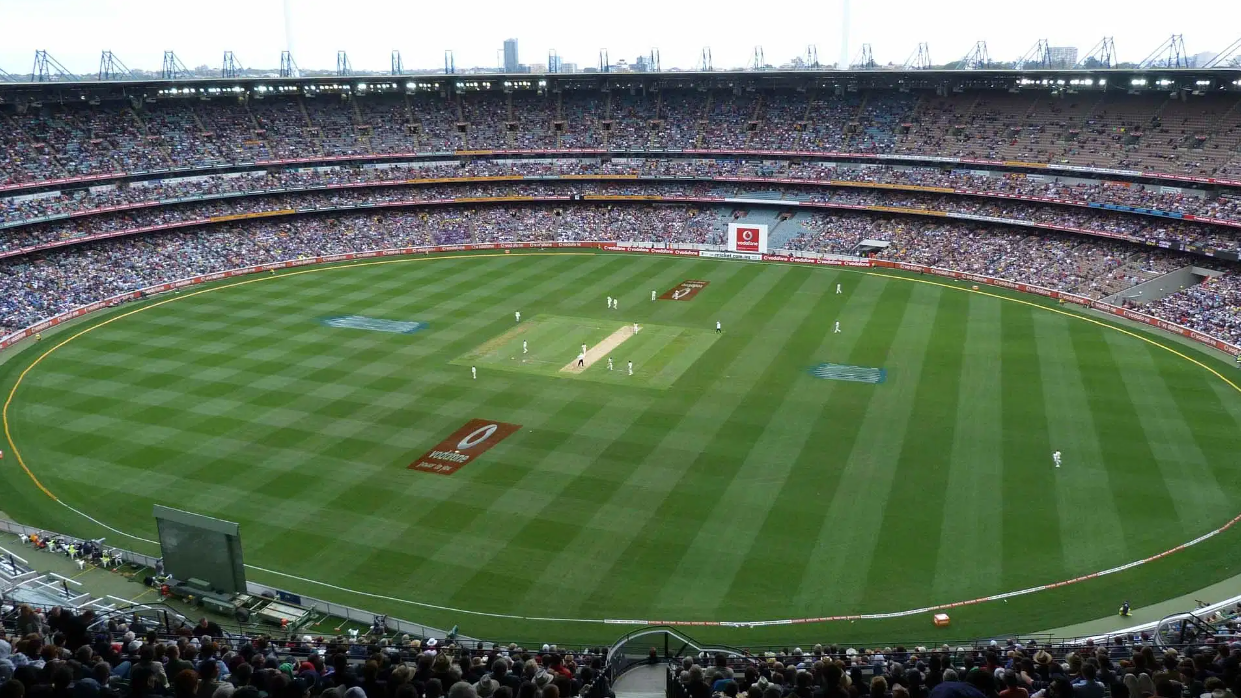

Cricket is a global sport played in every habitable continent. Initially popular among the Commonwealth countries, the sport is now the world’s second most popular sport. The International Cricket Council governs the schedule of the cricket season. Teams play each other in home and away formats each year based on their member status.
The top teams of the world often play a series against each other. This is played by one team touring to the other team’s home country. A tour features series that are played in all three – Test, One Day Internationals and T20 formats. The home team usually has the advantage for knowing the environmental conditions better, in addition to the support they receive from the home crowd.
However, diplomatic relations between two countries can often create an environment of hostility when they face each other on the cricket field. In order to avoid any altercations, the governing both sides can agree to contest the cricket matches at a neutral venue. This neutral venue is not a home condition for either team.
Neutral venues have pitches that do not offer any particular advantage to either side. The matches played in neutral venues are played in limited-overs fixtures – One Day Internationals and T20s.
Test cricket is rarely scheduled in neutral venues, unless there is an ICC affiliated tournament whose schedule has been pre-decided. For example, the finals of the first three editions of the World Test Championship is scheduled to be held in England. In the first two editions of the event, the finals were contested by India and New Zealand, and India and Australia. Thus, England becomes a neutral venue for all these teams.
Some of the most popular neutral venues in cricket are Sharjah, Dubai and Abu Dhabi. Each of these venues have dubbed Pakistan as the home side as the recent past has featured most of their matches in these stadiums owing to the security tensions in Pakistan.





